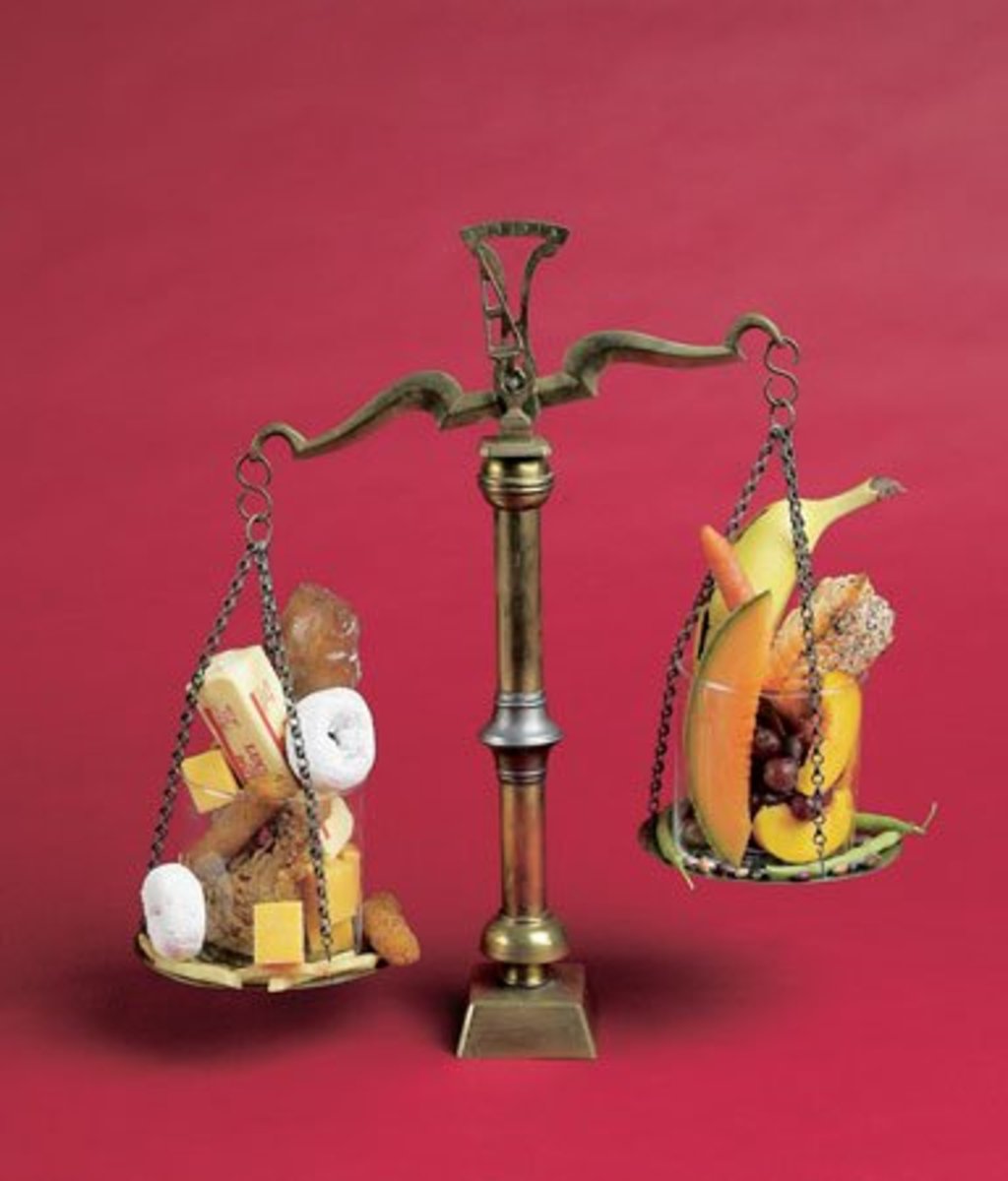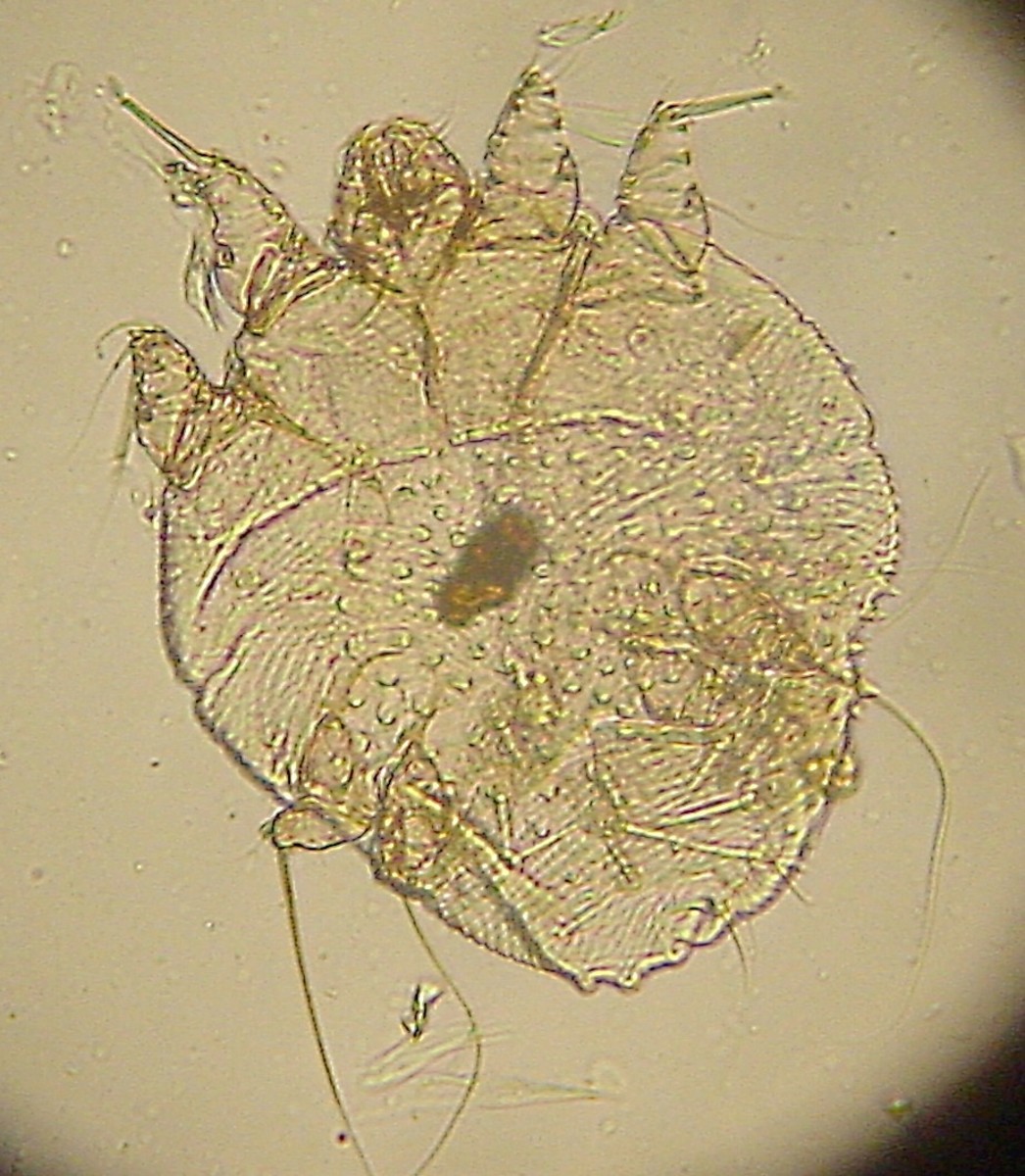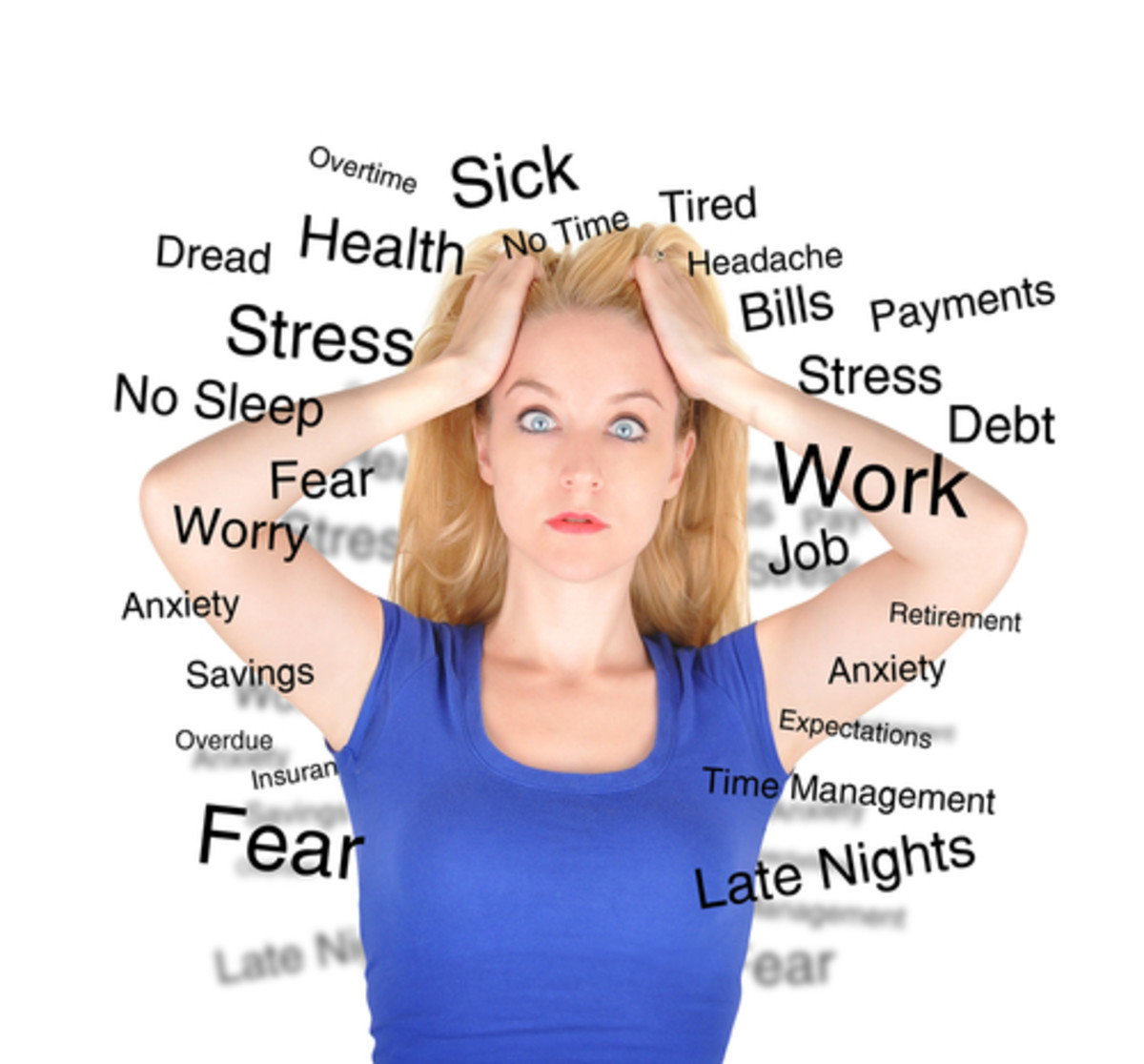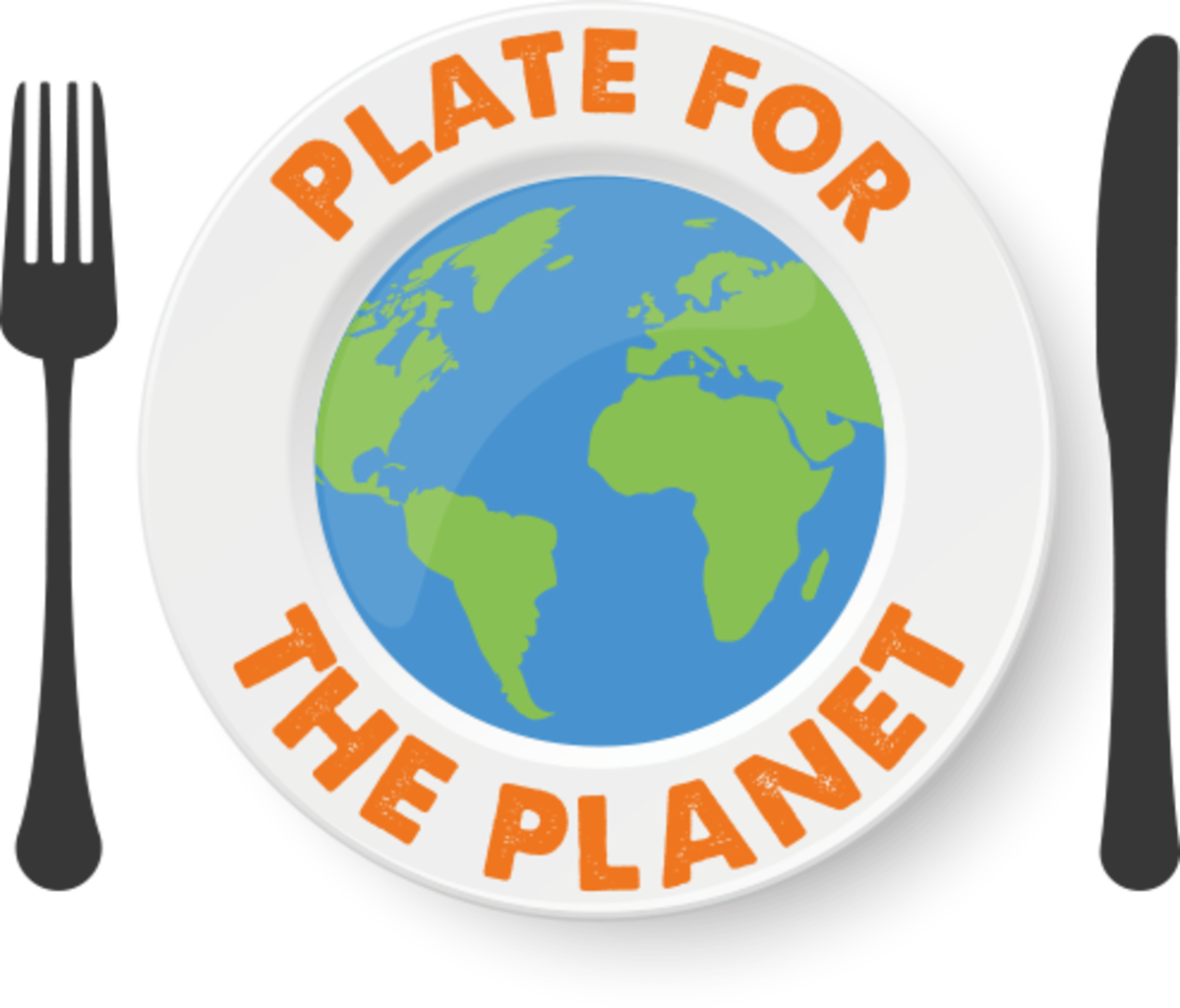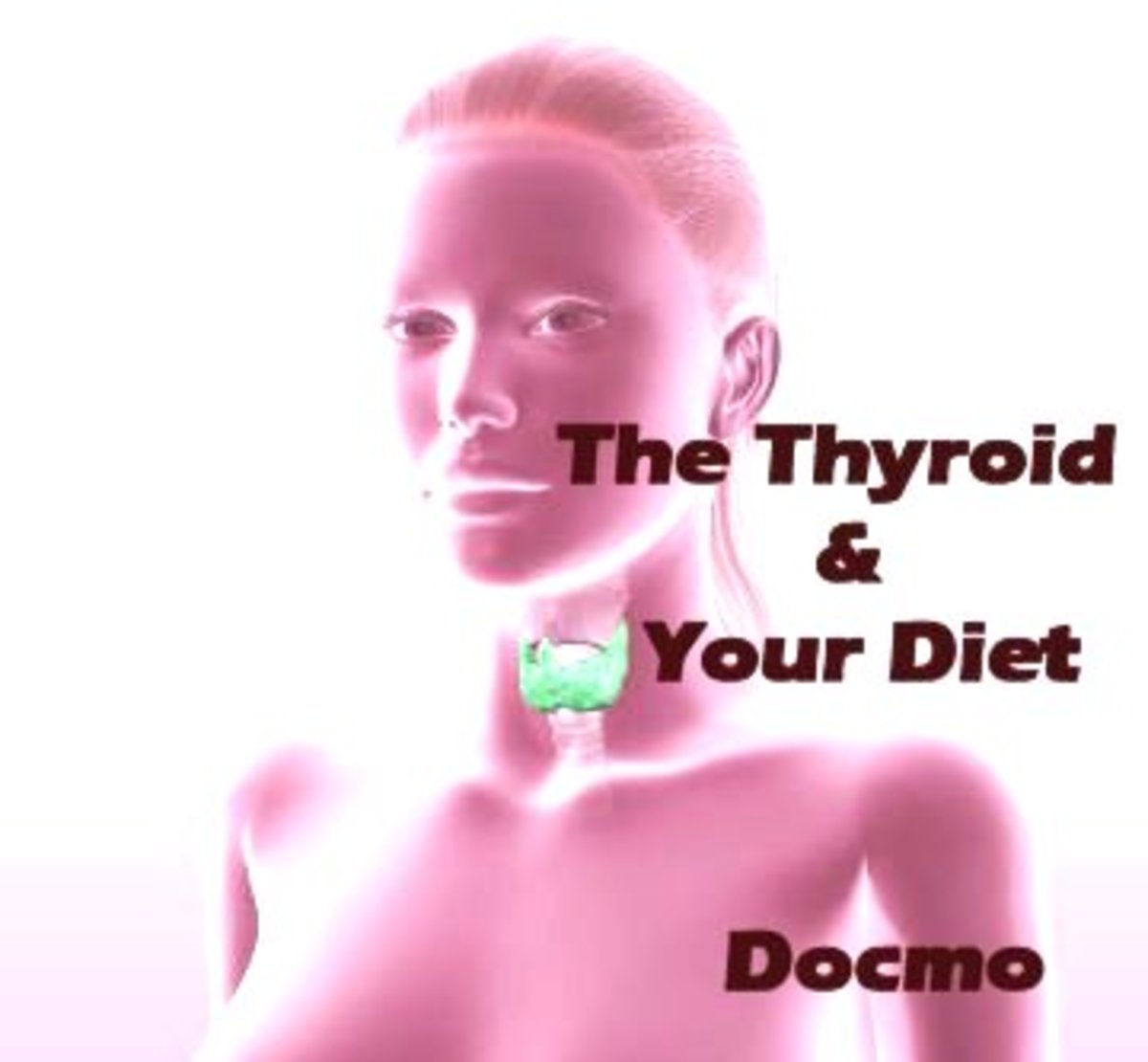Cholesterol: Bad or Good and What You Don't Know
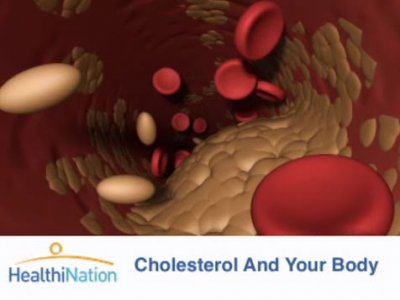
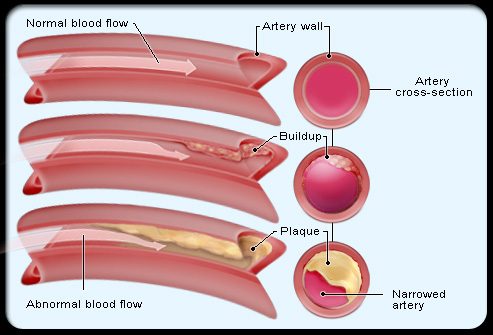
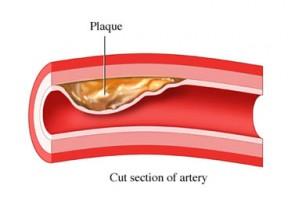
For years, cholesterol has had a bad rap. If you are standing in a room full of people and you ask them to raise their hand if they think that high cholesterol causes heart attacks, probably every hand in the room would go up. However, these people would be wrong and have fallen prey to misinformation.
The main complaint behind cholesterol is that it lines the arteries in the heart, which can cause an obstruction, not allowing the blood to flow freely. This restraint on the blood volume that can circulate in the heart increases blood pressure, puts strain on the heart, and can cause a heart attack.
What if I were to tell you that the cholesterol were actually the good guy? Would you be open to changing your life-long beliefs and thinking about this alternative?
Did you know that people with high cholesterol levels have shown to live longer and healthier lives than those with low cholesterol levels? There are several different studies that prove this statement to be true. *
Cholesterol is actually a healing agent in the body. When there is inflammation in the arteries, the body sends cholesterol to line the arteries in addition to other substances, forming a plaque to heal the body naturally. Therefore, cholesterol is the good guy and the bad guy is actually inflammation.
Inflammation is the culprit behind many diseases, aches, and pains. There are many factors that cause inflammation. Below is a list.
Causes of Inflammation in the Body
stress
| smoking
|
viruses
| consumption of trans fats
|
excess refined sugars
| imbalance of Omega 6/Omega 3 fats
|
table showing causes of inflammation in the body
Inflammation: The Real Bad Guy
If inflammation is a problem in your body, there are things that you can do to fix it.
Stress
If stress is a problem, then you should reduce the stress by examining what is causing the stress. If you can't change what is causing the stress, try changing your perspective so that the problem doesn't bother you so much.
For example- if your job is the major source of stress but you can't or don't want to change jobs, try changing your perspective on your job and not letting it get to you. You can try different strategies such as deep breathing exercises, yoga, meditation, prayer, taking a break, etc. to help you to relieve a stressful moment. Incorporating exercise into your daily routine (or exercising 3-4 times a week minimum) will help to relieve the stress that you feel and your ability to recover from it quickly.
Other Ways to Reduce Inflammation
Besides stress, you should make sure to live a healthy lifestyle. To lead a healthy lifestyle, you should avoid processed foods (things that don't have a label or come in a box), stay away from cigarettes or other drugs/toxins, and stay away from any foods that you are allergic to.
If you're not sure if you have any food allergies, you can be tested for them or you can keep a food journal and note how you feel after eating. You will probably start to notice a pattern of foods that give you indigestion, make you lethargic, make you crave sweets, etc. Try to stay away from the foods that give you indigestion because it is causing a response in your body, which can cause inflammation in the body.
Fruits that will Lower Cholesterol (and are good for you)

Medical Tests
If you are worried about heart disease, don't just have your cholesterol levels tested (below is a chart showing cholesterol levels). There are some other tests that you can ask your doctor to do. Remember that even if your cholesterol levels are raised, it doesn't mean that you have blockages in your arteries. The cholesterol may just be circulating in your bloodstream.
One test is called the CRP (c-reactive protein). It's accuracy has been up for debate because the results can vary based on the time of day that it is administered and some other factors. The other and more important test detects the serum homocysteine levels. Ask your doctor about these tests, and if they are not familiar with these tests, they may not be up-to-date with their medical knowledge and you may want to find a doctor that is current.
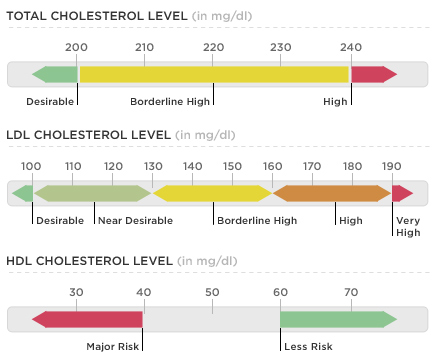
Hormones and Cholesterol
Besides being a healing agent in the body, cholesterol is one of the building blocks for hormones in the body. If you are told by your doctor that your cholesterol levels are too high and they put you on a cholesterol-lowering drug, then your hormone balance in your body could very well be affected.
Messing with your hormone balance is not something you want to do. Hormones are integral for all body processes and impact everything. Before taking any drug, much less a drug to lower cholesterol levels, do your homework and do more testing to see if your heart is even at risk.
Conclusion
Many years ago, there were some flawed studies that have given cholesterol the bad rap. Unfortunateluy, since the damage was done, it can be hard to undo it and to educate people on the actual truth.
Besides the bad rap that cholesterol has to undo, the pharmaceutical companies make big money off of selling cholesterol lowering drugs to people as a cure-all. In my opinion, it is always better to get to the root cause of a problem than to try to mask it with a drug that may not even solve the problem.
If you have been given the diagnosis of having high or borderline cholesterol levels, you should ask yourself some things before taking a magic pill.
- Am I in good health?- If you are physically fit, maintaining a healthy weight, and eating healthy foods, then chances are that your heart is in good health and the cholesterol levels are not a problem and are not building up in your arteries.
- Are you under stress?- If you are under significant stress, make some changes to relieve the stress in your life to decrease any inflammation in your body.
- Do you smoke?- If you smoke, there is more than one reason for you to stop smoking. Stop smoking and put all that extra money towards a new and healthy hobby.
* If you'd like to do some more reading on this topic, check out the following books:
- The Hidden Truth about Cholesterol Lowering Drugs by Dr. Uffe Ravnskov
- The Cholesteron Myths by Uff Ravnskov
- Nourishing Traditions by Sally Fallon and Mary Enig


